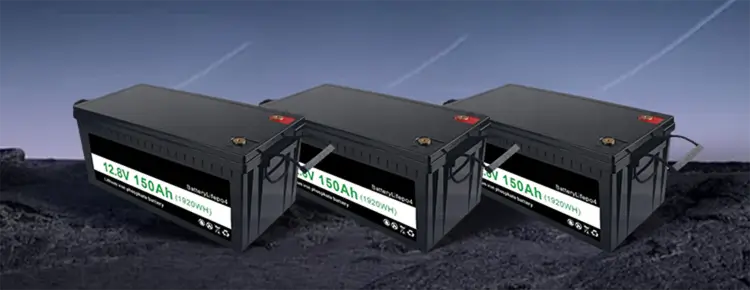
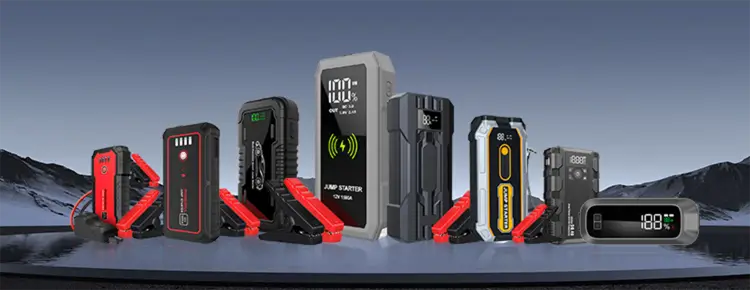
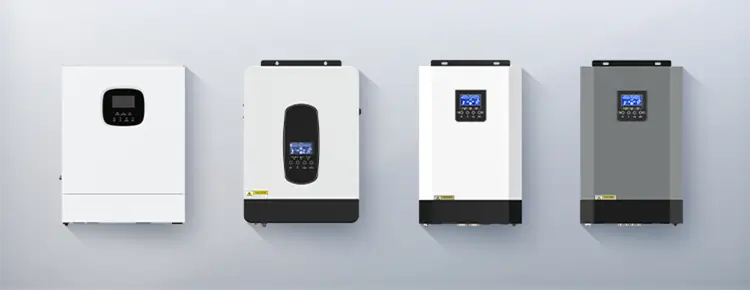

Blog
Hot Category
Latest Blog
10 Mar 2025
Eli
Lithium-ion batteries are widely used in various applications, from portable electronics to large-scale energy storage. When selecting a lithium-ion battery, voltage plays a critical role in determining its efficiency, performance, and compatibility with different systems. In this article, we break down the differences between 12V, 24V, and 48V lithium-ion batteries and explain their best use cases.
Voltage in lithium-ion batteries is determined by the number of cells connected in series. Each lithium-ion cell typically has a nominal voltage of **3.2V (LiFePO₄) or 3.7V (Li-ion NMC, LCO, etc.)**. By connecting multiple cells in series, we achieve standard system voltages:
12V Battery=3–4 cells in series 24V Battery=6–8 cells in series 48V Battery=12–16 cells in series.
Higher voltages are beneficial for improving efficiency, reducing current draw, and minimizing energy loss in high-power applications.
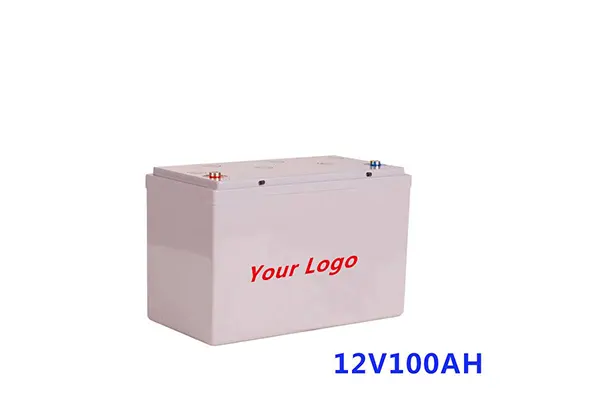
Overview: A 12V lithium-ion battery is a common replacement for traditional lead-acid batteries. It is lightweight, has a longer lifespan, and offers higher efficiency.
Best Uses: RVs & Campervans Small Solar Energy Storage Systems Portable Power Stations Marine Applications (Boats, Kayaks) Backup Power for Small Devices.
Pros & Cons Easy to integrate as a drop-in replacement for 12V lead-acid batteries Lightweight and compact Suitable for low-power applications Limited power output for high-energy systems.
Overview: A 24V lithium-ion battery provides more power than a 12V system while maintaining efficiency. It reduces current draw and minimizes wire thickness requirements, making it ideal for medium-scale applications.
Best Uses: Electric Bikes & Scooters Medium-Sized Solar Power Systems Industrial Equipment Electric Wheelchairs & Mobility Scooters.
Pros & Cons More efficient than 12V systems Supports higher-power applications Reduces wiring losses Not always compatible with standard 12V appliances.
Overview: A 48V lithium-ion battery is commonly used in high-power systems, offering enhanced efficiency and reduced power loss over long distances. These batteries are ideal for large-scale applications requiring substantial energy storage.
Best Uses: Off-Grid & Grid-Tied Solar Power Systems Golf Carts & Electric Vehicles Home Energy Storage Systems Industrial and Commercial Applications.
Pros & Cons High efficiency with minimal power loss Suitable for heavy-duty applications Reduces heat generation and improves system longevity More expensive and requires specialized equipment.
When deciding between a 12V, 24V, or 48V lithium-ion battery, consider the following factors:
Application: Small appliances and RVs may need 12V, while solar power storage or electric vehicles benefit from 24V or 48V. Efficiency: Higher voltages reduce energy loss and improve overall system efficiency. Cost & Compatibility: Ensure the voltage matches your equipment and budget constraints.
For large-scale or energy-intensive applications, opting for a 48V system may be the best choice. However, if you're simply upgrading a lead-acid system in an RV or boat, 12V or 24V lithium-ion batteries may be more practical.
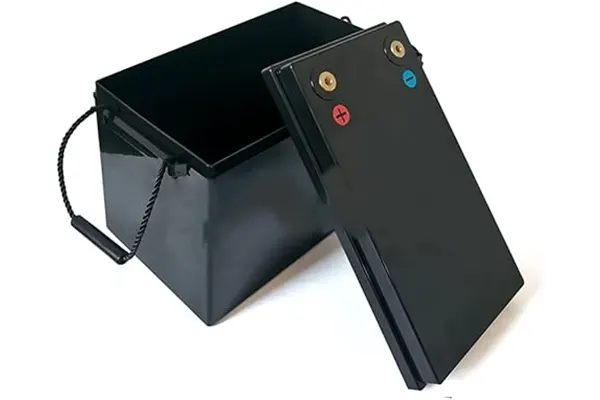
Lithium-ion batteries offer significant advantages over traditional lead-acid batteries, including longer lifespan, better efficiency, and lighter weight. Understanding the differences between 12V, 24V, and 48V systems helps you choose the right battery for your specific needs.